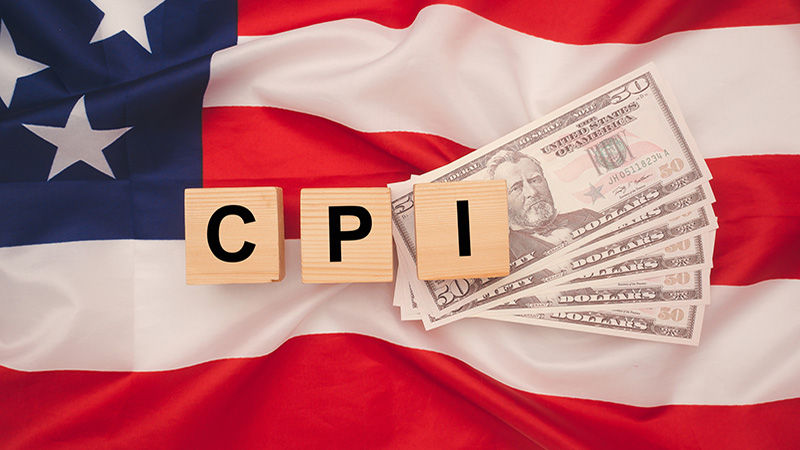
This meeting marked a crucial moment in the ongoing coordination between the two major opposition forces. The talks were intended to strategise for a united front in the lead-up to the elections, with both parties recognising the importance of their alliance in securing a significant challenge to the BJP’s dominance at the Centre.
The alliance between CPI and Congress has been under scrutiny for some time, given their historical ideological differences. However, both parties are determined to set aside these divides to mount a concerted effort against the BJP-led government. According to insiders, the leadership of both parties is committed to ensuring that the alliance remains strong and focused on presenting an alternative vision for the country’s future.
The strategic importance of the CPI within the opposition bloc has been emphasised by party leaders. The CPI has considerable influence, especially in states such as Kerala, West Bengal, and Tripura, where it has established strong grassroots support. This reach is viewed as essential in building a robust counter-narrative to the BJP’s growing dominance, particularly in states where the Congress has struggled to maintain relevance.
The outcome of the meeting between Kharge and Baby is seen as a clear indication that the CPI and Congress are determined to set aside past tensions and work together in what is being seen as a pivotal election year. Both parties have expressed their confidence that a united opposition, drawing on their collective strength, can offer a viable alternative to the ruling government.
While details of the discussions remain largely under wraps, it is understood that the focus was on ensuring effective coordination across states and consolidating the opposition's position ahead of the elections. One of the key aspects of the meeting was an agreement on the importance of addressing voters' concerns, including economic recovery, unemployment, and the agricultural crisis, issues which have dominated national discourse.
The CPI, under the leadership of MA Baby, is expected to continue to engage with other opposition groups to expand the INDIA bloc, which has gained significant traction in recent months. This bloc, which comprises a range of regional parties along with Congress, seeks to unite against the BJP to challenge its hold on power at the national level. In addition to consolidating political power, there is a shared recognition of the need to address social and economic issues affecting a wide range of voters.
The upcoming elections are set to be a high-stakes contest, with the BJP pushing forward its narrative of nationalism and development. The opposition bloc, led by Congress and bolstered by CPI, plans to highlight alternative policies focusing on inclusive growth, social justice, and addressing the concerns of marginalized communities.
The dynamics within the opposition alliance are expected to be complex. As regional parties continue to assert their influence, it remains to be seen how the CPI and Congress manage their coalition. One of the challenges they face is balancing local aspirations with national priorities, especially in regions where they have competing interests.
At the national level, Congress is likely to focus on issues such as the economy and governance, while the CPI will continue to advocate for policies that address the working class and the rural poor, areas where the BJP has faced criticism. The collaboration between the two parties could also see more robust discussions around key policy areas, such as labour rights, agrarian reform, and healthcare access, which have resonated strongly with voters in past elections.
The significance of the CPI in the opposition’s electoral strategy cannot be overstated. With the party's deep organisational strength and historical influence in states such as Kerala, West Bengal, and Tripura, the CPI remains a formidable force. The success of the opposition alliance will depend largely on maintaining this alliance’s cohesion and unity, which is crucial for challenging the BJP’s well-oiled election machinery.
